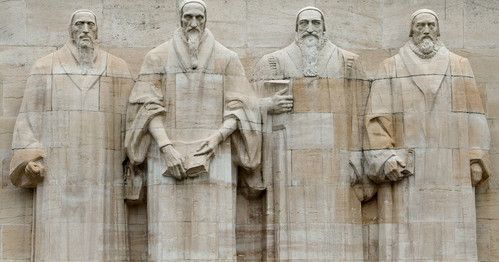
What is a Reformed Baptist?
Reformed Baptist churches arose primarily during the protestant reformation in England during the 1640’s and hold to the fundamental tenants of historic, orthodox Christianity. Reformed Baptist identity is marked by “Trinitarian orthodoxy and Calvinistic evangelicalism” that “supported the New Testament witness to a believers’ church practicing the immersion of only those who have faith in the righteousness of Christ and manifest the marks of the new birth” (The Baptists: Volume One by Tom Nettles, p. 15). What defines a Reformed Baptist Church?
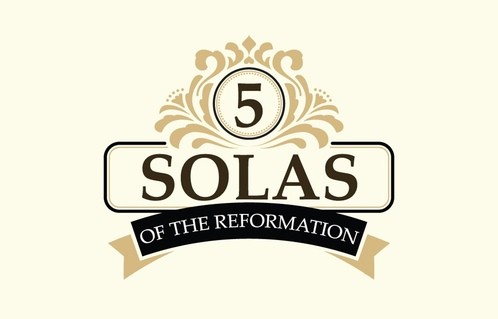
The Five Solas of the Reformation
The authority of Scripture: Scripture Alone (Sola Scriptura)
The basis of salvation: Grace Alone (Sola Gratia)
The means of salvation: Faith Alone (Sola Fide)
The merit of salvation: Christ Alone (Solus Christus)
-he purpose and aim of all: To God Alone be the Glory (Soli Deo Gloria)
The basis of salvation: Grace Alone (Sola Gratia)
The means of salvation: Faith Alone (Sola Fide)
The merit of salvation: Christ Alone (Solus Christus)
-he purpose and aim of all: To God Alone be the Glory (Soli Deo Gloria)

Reformed Baptists are Confessional
Reformed Baptists believe that our theology is anchored in a rich doctrinal heritage arising from a commitment to Sola Scriptura and summarized primarily in the Second London Baptist Confession of 1689.
Scripture teaches that the church is the “pillar and ground of the truth” (1 Timothy 3:15). And while each individual Christian is responsible to understand the Bible for himself, we should labor for faithful understanding in consideration of what the church has understood in community
Scripture teaches that the church is the “pillar and ground of the truth” (1 Timothy 3:15). And while each individual Christian is responsible to understand the Bible for himself, we should labor for faithful understanding in consideration of what the church has understood in community
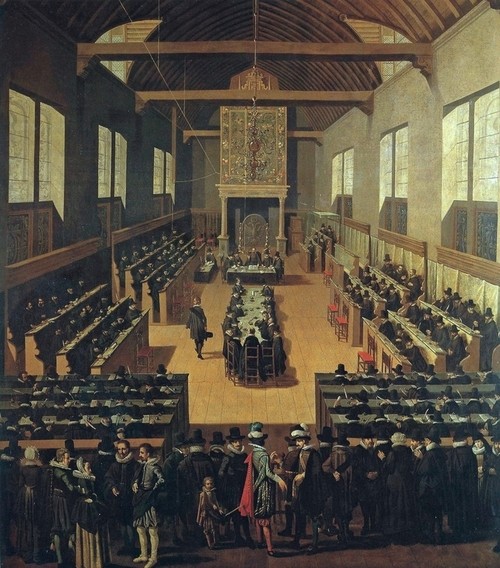
The Doctrines of Grace
Reformed Baptists believe that salvation is the work of God alone (monergism) as opposed to common views that conceive of salvation as some form of cooperation between God and man (synergism). Salvation as a work of God alone is clearly taught in the Bible and reflected in five important reformed doctrines:
-Total Depravity
-Unconditional Election
-Particular Redemption
-Effective Grace
-Perseverance and Preservation of the Saints
-Total Depravity
-Unconditional Election
-Particular Redemption
-Effective Grace
-Perseverance and Preservation of the Saints
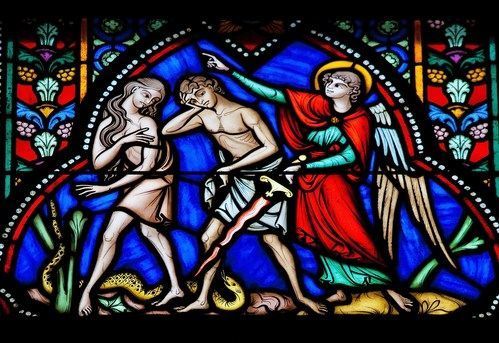
Covenant Theology
Covenant theology is a fundamental characteristic of reformed theology. The relationship between God and man is revealed by the Bible to be defined in terms of different covenants. For example, God made a covenant of works with Adam in the garden. When Adam broke that covenant, sin entered the world and death through sin (Romans 5:12), bringing condemnation on the whole human race (Romans 5:18). In mercy and love, God made a covenant of grace with His people in the Lord Jesus Christ. This covenant is progressively revealed in the Old Testament and formally established in the New Covenant in the person and work of Christ (Hebrews 9:15).
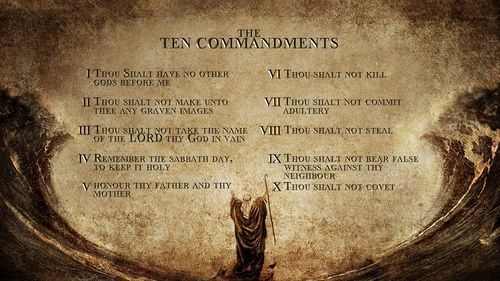
The Law of God
Those justified by grace alone through faith alone in Christ alone are free from the law of God as a covenant of works to earn eternal life (Romans 7:1-6). However, God’s moral law, summarized in the 10 Commandments and inclusive of the Christian Sabbath (Hebrews 4:9-10), is given to believers as a standard or rule of life for their sanctification. “For this is the love of God, that we keep His commandments. And His commandments are not burdensome” (1 John 5:3).
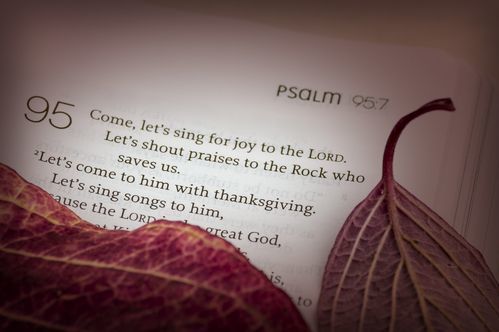
The Regulative Principle
Reformed Baptists believe that the elements of public worship are limited to what the Scripture clearly commands. The Second London Baptist Confession of 1689 states in chapter 22, paragraph 1 that “the acceptable way of worshipping the true God, is instituted by himself, and so limited by his own revealed will, that he may not be worshipped according to the imagination and devices of men, nor the suggestions of Satan, under any visible representations, or any other way not prescribed in the Holy Scriptures.”
With the worldly rise of entertainment-based, emotionally-hyped, and consumer-oriented approaches to “church,” the Regulative Principle anchors our worship in spirit and in truth (John 4:23) to the preaching of God’s word as central in our services, the baptism of believers alone, the ordinance of the Lord’s supper, the singing of psalms and hymns and spiritual songs (Ephesians 5:19) and other elements as commanded or commended in Scripture.
With the worldly rise of entertainment-based, emotionally-hyped, and consumer-oriented approaches to “church,” the Regulative Principle anchors our worship in spirit and in truth (John 4:23) to the preaching of God’s word as central in our services, the baptism of believers alone, the ordinance of the Lord’s supper, the singing of psalms and hymns and spiritual songs (Ephesians 5:19) and other elements as commanded or commended in Scripture.
